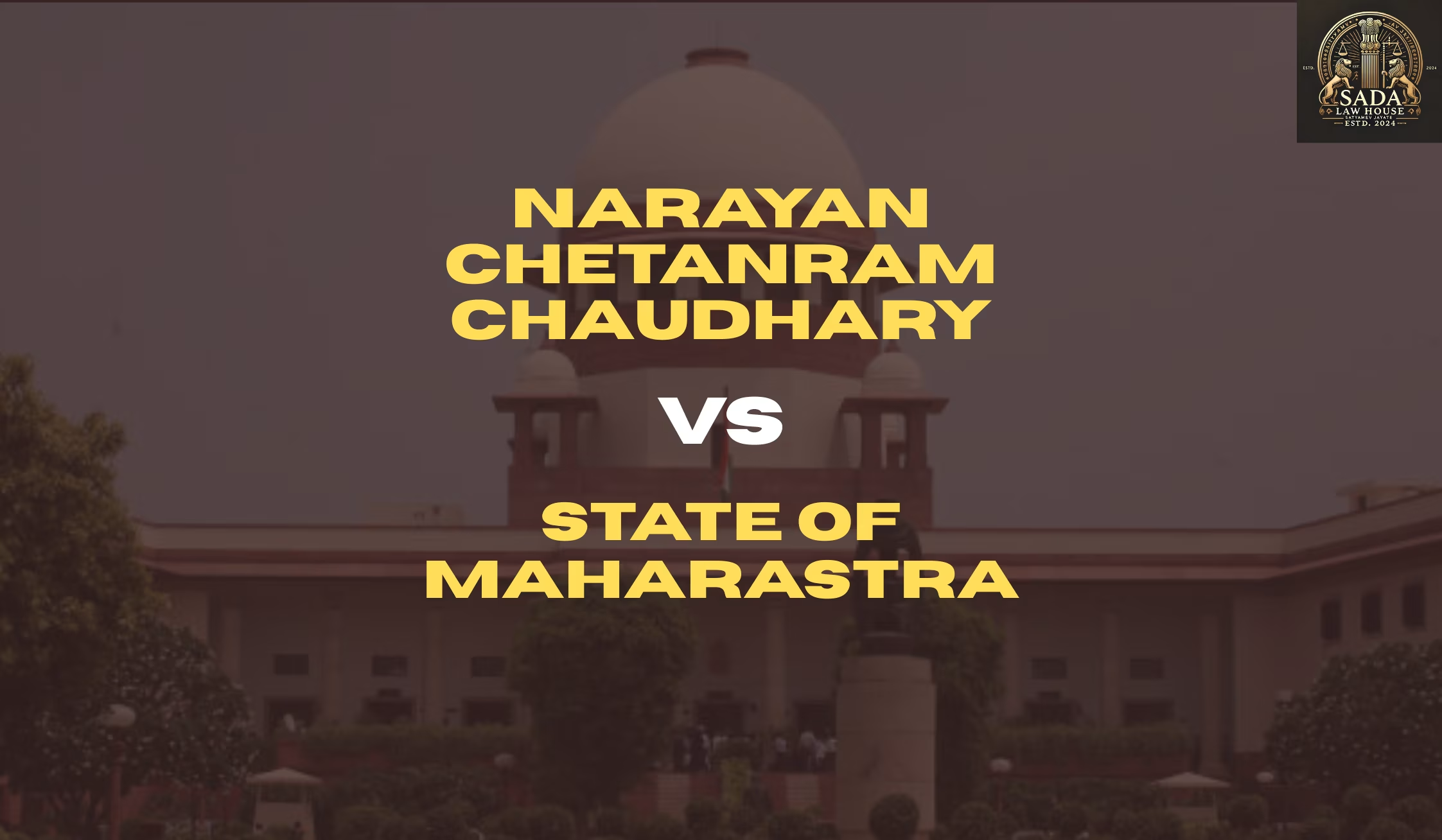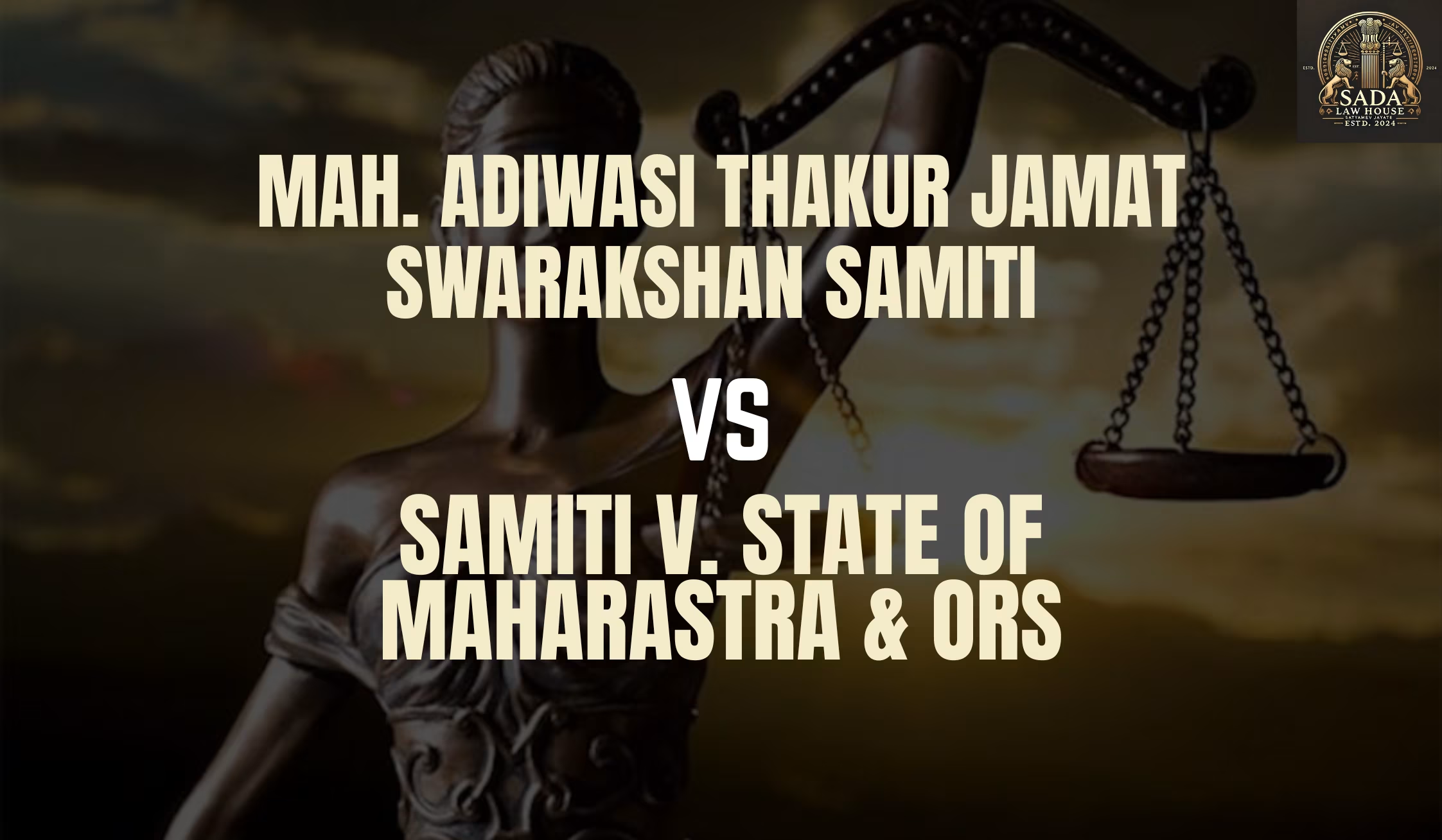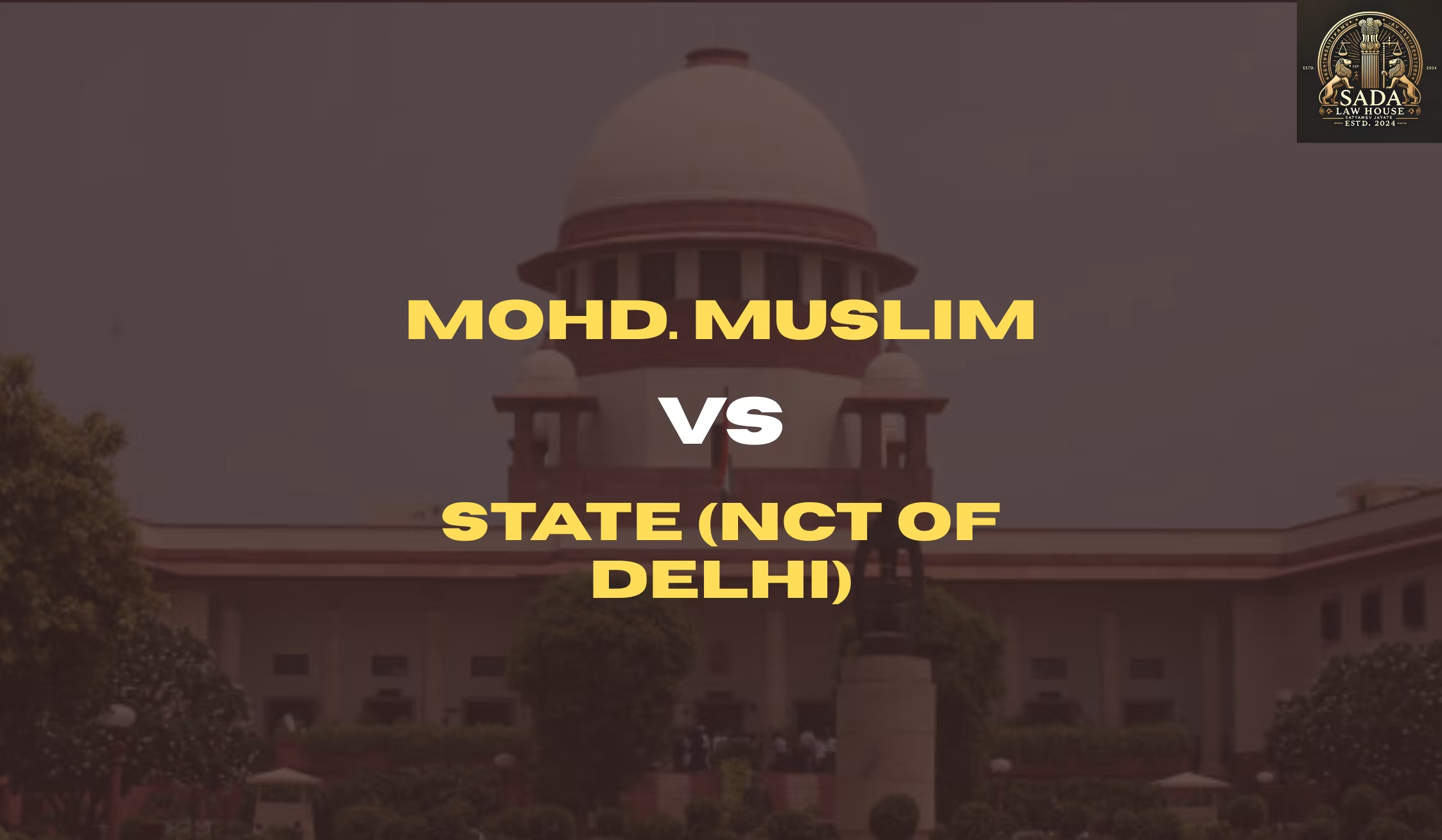Delhi High Court Directs NLU Consortium to Ensure CLAT Access Is Not Denied Due to Language Barriers
- MAHI SINHA
- 07 May 2025

The Delhi High Court urges the Consortium of NLUs to ensure that no student is denied admission to CLAT due to a language barrier. Learn about the legal developments, implications, and the push for regional languages in CLAT.
Sudhanshu Pathak v. Consortium of NLUs: A Landmark Public Interest Litigation
In a significant development in the case of Sudhanshu Pathak v. Consortium of National Law Universities, the Delhi High Court has directed the Consortium of NLUs to take decisive action to ensure that no student is denied access to the Common Law Admission Test (CLAT) due to a language barrier.
Court Advocates for Regional Language Inclusion in CLAT
The Court was hearing a public interest litigation (PIL) that sought the inclusion of regional languages—recognized in the Eighth Schedule of the Indian Constitution—as mediums for the CLAT examination, in addition to English. The division bench, comprising Chief Justice DK Upadhyaya and Justice Tushar Rao Gedela, emphasized the need for inclusivity in legal education across the nation.
“We expect a firm ruling on this matter by the next hearing to ensure no student is denied entry into NLUs due to language limitations,” the Court stated.
Consortium Seeks Time to Finalize Language Policy
The legal counsel for the Consortium informed the Court that while a High Powered Advisory Board had submitted recommendations, the Consortium needed more time to review them in the context of the PIL. Consequently, the Court granted eight weeks for a final decision and stressed adherence to its previous rulings, which highlighted the unfair disadvantage faced by students educated in regional languages.
Next Hearing Set for August 20
The Court scheduled the next hearing for August 20, anticipating a conclusive update from the Consortium. It reiterated that the medium of instruction should not become a barrier for aspiring law students across India.
Language Inclusion Is Essential for Legal Education Access
The petitioner argued that excluding regional languages from CLAT disproportionately affects students from non-English educational backgrounds. The Court acknowledged this concern, citing the need for greater inclusivity to ensure fair access to National Law Universities.
Challenges and Resistance from the Consortium
Despite the advocacy for language inclusion, the Consortium expressed reluctance, stating that unlike the AIBE (All India Bar Examination), the CLAT exam poses “many more issues” when it comes to translation and administration in multiple languages.
BCI Supports Regional Language Option in CLAT
Interestingly, the Bar Council of India (BCI) has taken a supportive stance, noting that offering CLAT in regional languages would empower more students to pursue legal careers, especially from rural and non-English medium backgrounds.
Conclusion: Toward an Inclusive Legal System
This case could redefine the future of legal education in India by challenging the linguistic exclusivity of CLAT. As the hearing continues, the spotlight remains on the Consortium to ensure compliance with constitutional values of equality and access.
Case Laws






